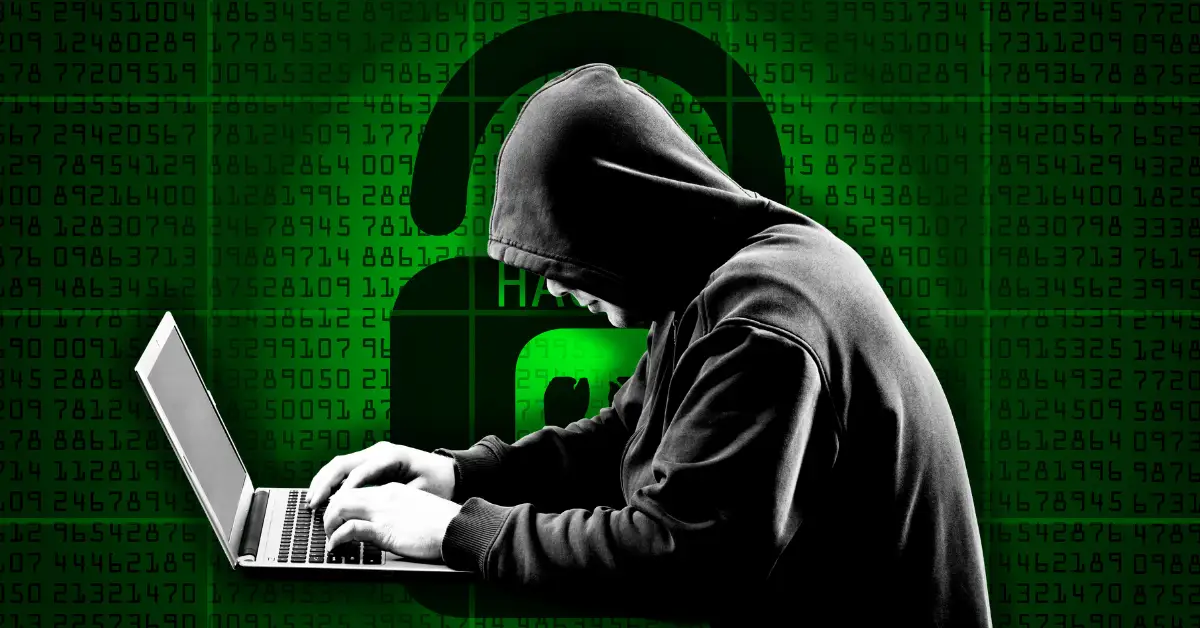
In the ever-evolving world of cryptocurrency, phishing scams have become a significant threat. A recent incident highlights the severity of this issue, where an unsuspecting individual lost $474,422 worth of various tokens, including $OLAS, $SEKOIA, $VIRTUAL, and $FJO. According to reports from Scamsniffer, the victim unknowingly signed several phishing approvals, granting attackers access to their accounts. This unfortunate event underscores the need for heightened vigilance and awareness in the crypto community.
Phishing: A Growing Concern in Crypto
Phishing scams are a form of social engineering where attackers deceive individuals into revealing sensitive information or granting unauthorized access. In the cryptocurrency sector, these scams are becoming increasingly prevalent. Typically, criminals create counterfeit websites that closely resemble legitimate ones. Unsuspecting users, believing they are on a legitimate site, may enter login credentials or approve transactions, inadvertently giving hackers full control over their digital wallets.
To combat this growing threat, it is crucial for crypto enthusiasts and investors to stay informed and exercise caution. Ensuring that a website’s URL is authentic, using multifactor authentication, and being skeptical of unsolicited requests for personal information are essential steps in protecting your assets.
- Also Read:
- CoinSwitch Announces ₹600 Crore Recovery Plan for WazirX Hack Victims
Global Crypto Phishing Effect
In 2024, phishing scams accounted for a staggering 40% of all crypto-related attacks, resulting in estimated losses of $1.05 billion worldwide. These sophisticated scams often involve fake websites, fraudulent social media profiles, and deceptive agreements, exploiting users’ lack of awareness and platform vulnerabilities. As the crypto landscape evolves, so too do the tactics employed by cybercriminals.
This incident serves as a stark reminder for the entire crypto community to prioritize security. It is crucial to foster a culture of awareness, encouraging individuals to think twice before signing any transaction. By doing so, we can collectively work towards minimizing the risk of falling victim to these malicious schemes.






